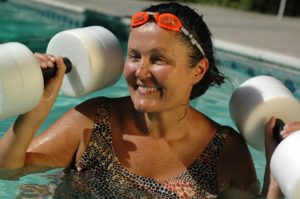 Exercising with Varicose Veins
Exercising with Varicose Veins
Having varicose veins doesn’t mean you have to stop being active.
If you’ve been diagnosed with vein disease, then you have likely already been told by your doctor that it is in your best interest to be active and maintain a healthy weight. Fortunately, there are a variety of things you can do to help make sure that you take care of both, all while helping to alleviate some of the off-putting symptoms that can be experienced with venous insufficiency.
Stretching
If you have vein issues, then it is particularly important to both keep your legs strong and circulation healthy. Exercises geared towards those with venous disease almost always focus on the lower extremities especially the muscles in the calves, as it is there that the force of gravity is greatest and veins must work the hardest in order to pump blood upwards towards the heart.
When it comes to exercising with varicose veins, however, you should start out slowly and gently and try not to exert yourself too much or place too much strain on your legs. Calf raises are a great way to strengthen calf muscles without placing too much strain on them. Calf raises can be performed with or without weights. If your job keeps you confined to a sitting position for extended periods of time, stretching your legs and flexing your feet though out the day is an excellent substitute for calf raises.
Low-Impact Exercise Choices
There are still plenty of fun activities that you can do even after your venous insufficiency diagnosis. It is important to keep these activities as low impact as possible. Bicycling, for instance, is a great way to promote circulation while being easy on the joints and allowing you to maintain control over the intensity of your work-out. Walking is another great work-out that is simple and easy to do and allows you to pace yourself in both speed and distance to your own current level of fitness.
Running, Walking, and cycling can be difficult for seniors who have vein problems but there always an alternative option. Swimming offers an alternative that is non-weight bearing, and there are even a variety of aerobics classics that can be offered in this environment. No matter what you decide to do, signing up for a class or inviting friends to walk, cycle, or swim along with you can be fun for both staying in shape and keeping social as well.
No exercise or diet regimen should be undertaken without first consulting with a qualified physician, and more specifically an experienced vein specialist who is familiar with your condition. To get on the right track today by contacting a vein specialist in Tampa who services the surrounding areas as well, call Dr. Zuzga of the West Florida Vein Center at (727) 712-3233. www.westfloridaveincenter.com.

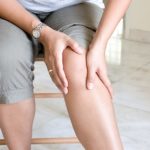
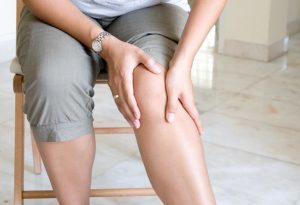 Over 40 million people in America today are living with varicose veins. It has been estimated that half of the world population will deal with them at some time during their life.
Over 40 million people in America today are living with varicose veins. It has been estimated that half of the world population will deal with them at some time during their life.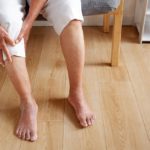
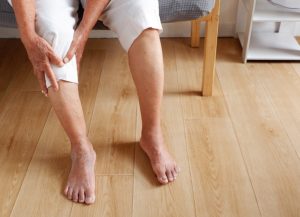 Beautiful Legs Can Be Yours Again!
Beautiful Legs Can Be Yours Again!
 If you’ve ever experienced depression you understand that it can sometimes feel like you have a broken or heavy heart.
If you’ve ever experienced depression you understand that it can sometimes feel like you have a broken or heavy heart. 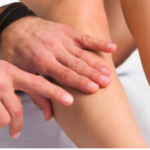
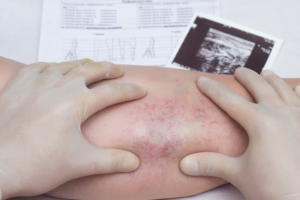 Varicose and spider veins are unsightly and sometimes embarrassing. It’s easy to consider them just a visual issue and dismiss them. The problem is that they are a medial issue that can become worse over time. The time to stop them is now.
Varicose and spider veins are unsightly and sometimes embarrassing. It’s easy to consider them just a visual issue and dismiss them. The problem is that they are a medial issue that can become worse over time. The time to stop them is now.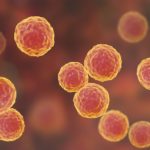
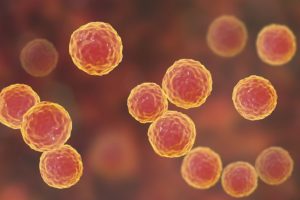 Infective Endocarditis is an infection of the endocardium, by way of bacteria or fungus. It often leads to the onset of symptoms such as fever, anemia, heart murmurs, petechiae, and embolic phenomena.
Infective Endocarditis is an infection of the endocardium, by way of bacteria or fungus. It often leads to the onset of symptoms such as fever, anemia, heart murmurs, petechiae, and embolic phenomena.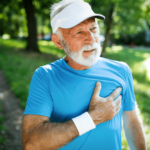
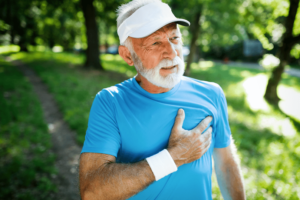 Anxiety disorders affect 40 million adults in the USA.
Anxiety disorders affect 40 million adults in the USA. 
 Pelvic Congestion Syndrome is a chronic medical condition that affects nearly 1/3 of all women at some point during their lifetime.
Pelvic Congestion Syndrome is a chronic medical condition that affects nearly 1/3 of all women at some point during their lifetime.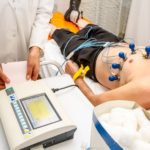
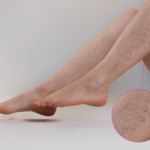
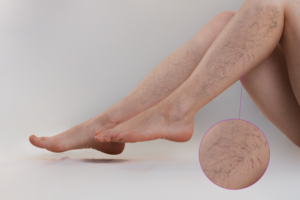 People often incorrectly use the terms “spider veins” and “varicose veins” interchangeably, and it’s important to understand that these are two very different conditions.
People often incorrectly use the terms “spider veins” and “varicose veins” interchangeably, and it’s important to understand that these are two very different conditions.